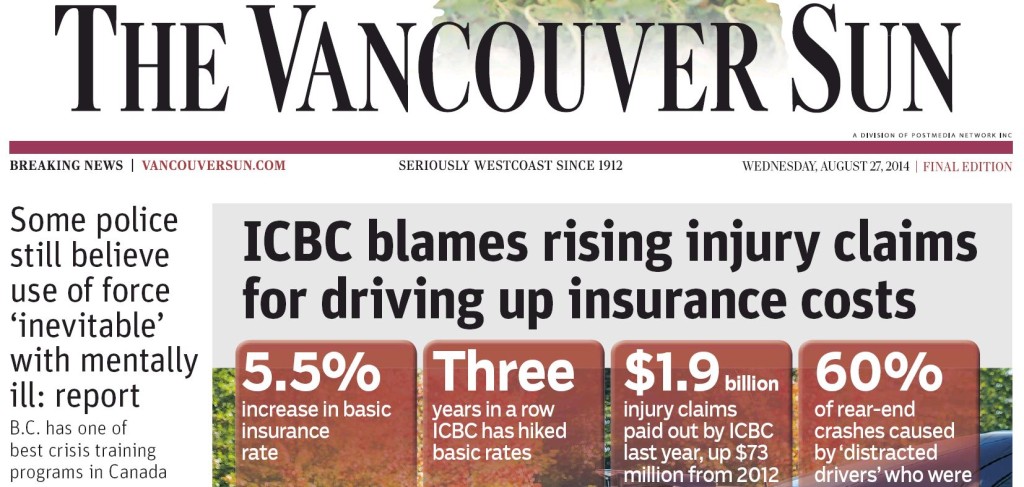Mussio Goodman Prevents Unfair Medical Assessment of Client
Posted on by Mussio Goodman
Mussio Goodman Lawyer Successfully Protects Client’s Rights
We are pleased to report that Anthony Eden of Mussio Goodman successfully defended our client’s interests by preventing a Defendant IME (independent medical examination) with a neurologist expert of the insurance company’s choosing.
Insurance companies are entitled to defend a claim by compelling the injured person to attend an IME with doctors of their choosing. The law is clear that Plaintiffs must attend these appointments as long as they are reasonable. Unfortunately, sometimes the insurance companies cross the line in terms of what is reasonable under the law.
In a recent case, we filed a lawsuit on behalf of our client because his disability benefits had been unduly terminated. In order to prove his claim, we retained the services of a doctor who is an expert in the field of chronic pain. This doctor also has a broad range of expertise, including neurology.
Additionally, we relied on our client’s family doctor in support of his ongoing disability. In response to these opinions, the insurance company attempted to disprove the claim using four expert reports; they sought one report from a psychiatrist, one from a vocational specialist, and one from an occupational physician. Then, they tried to obtain an additional report from a neurologist, claiming that our chronic pain expert was essentially a neurologist as well.
The insurance company therefore argued that they needed a neurology report to defend the claim. This was notwithstanding the fact that the insurance company had already sent our client to a neurologist in 2002 who wholeheartedly supported his disability. Notably, they wanted an updated report with a different neurologist, even though there had been no evidence of any neurological change since the 2002 report.
We opposed this IME on the basis that it would make the trial unfair. The law is clear that the parties must be on equal footing with regard to the expert evidence. The Master in Chambers ultimately agreed with our argument, the reasons for which were published in Korpa v. Co-Operators Life Insurance Company 2014 BCSC 2246:
[26] The issue in this case is whether, in all the circumstances, there is a need to put the parties on an equal footing with respect to the medical evidence or, as it has sometimes been described, to balance the playing field.
[27] I have concluded that, for the following reasons, Mr. Korpa should not be required to attend an IME with Dr. Dost…
[36] In all these circumstances, I am not satisfied that the defence has shown the need for examination by a neurologist to balance the playing field.



